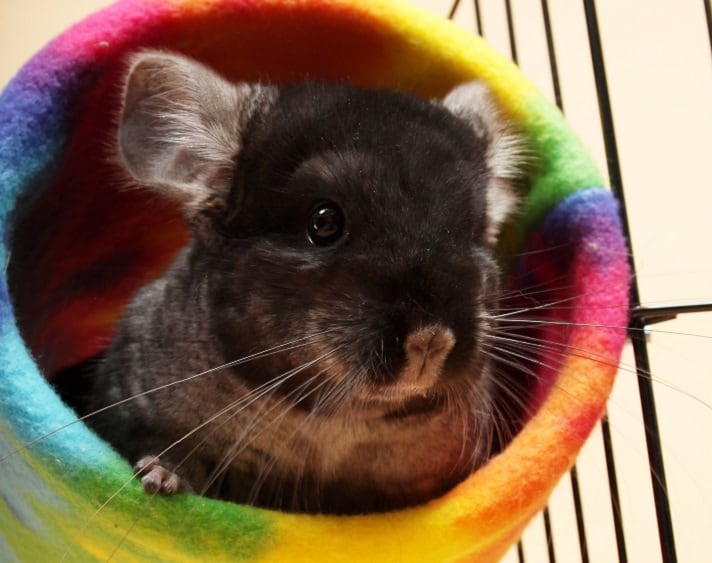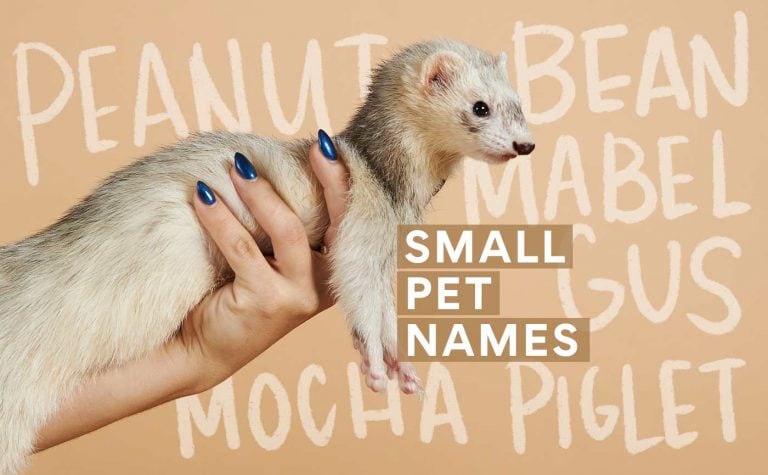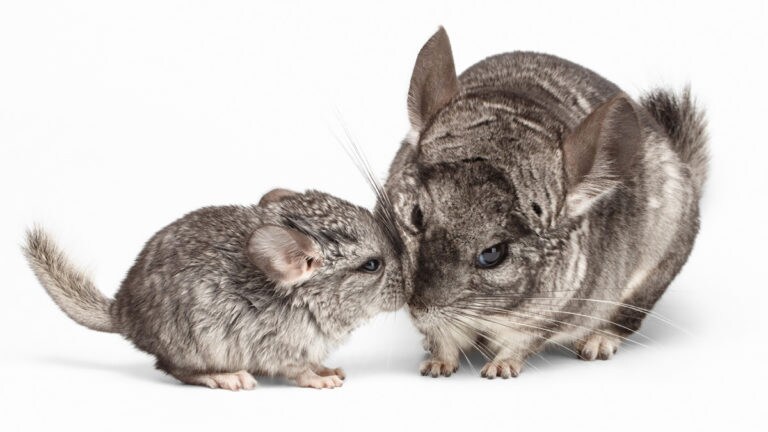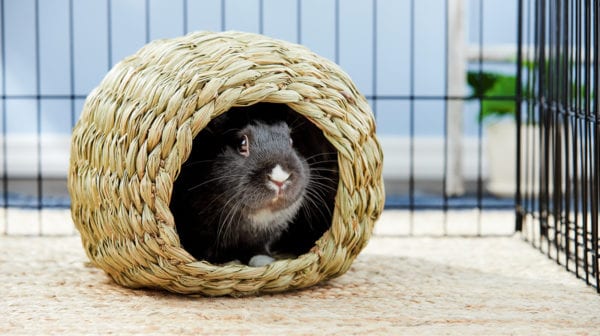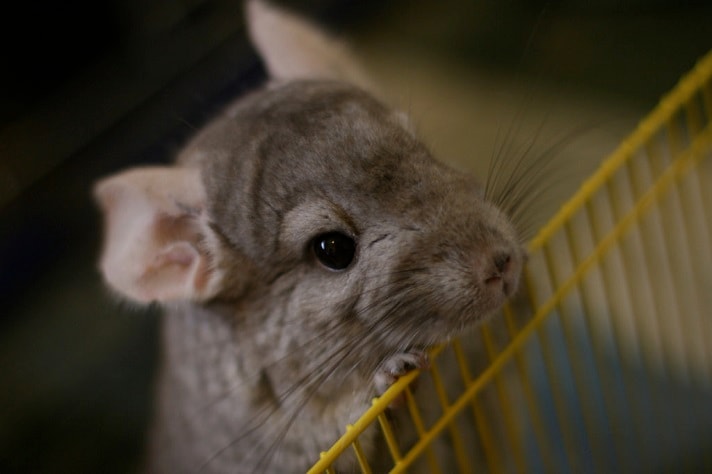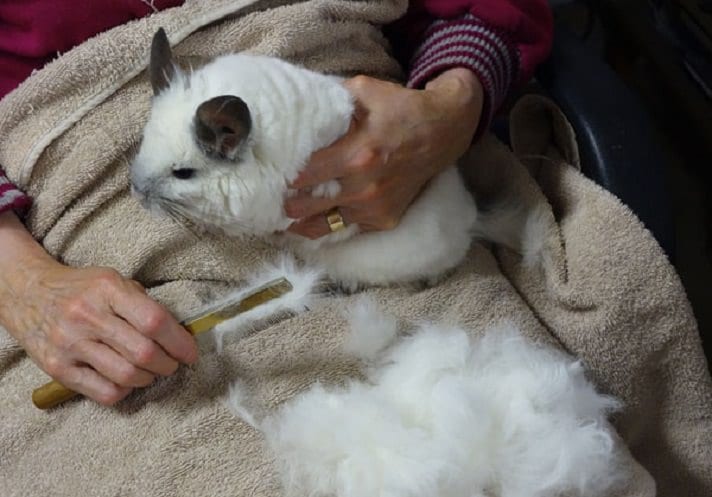Can I buy a chinchilla for my daughter? She has asthma.
In assessing the suitability of a pet, it is important to look at the animal, at all foods that will be fed to the animal and at cage, housing and maintenance requirements. It is equally important to learn what agents bring about allergic responses. A chinchilla’s diet consists primarily of food pellets; fresh, dry timothy hay; and fresh, dry alfalfa hay.
A commonly available chinchilla pellet contains alfalfa meal, soybean meal, wheat midlings, ground oats, soybean hulls, wheat germ and dried beet pulp. Any or all of these food products may be spread around as airborne dust in and around the cage. Allergy to any of these food products could be a problem.
Chinchillas are clean animals. Most keep themselves well groomed, but many shed during weather changes, which may cause some allergy response. They do not produce significant levels of dander (loose skin that flakes off and can elicit an allergic response). Chinchillas need to “bathe” in dust two or three times per week to clean their fur. The dust absorbs excess oil from the skin and fur, and then drops off of the chinchilla. Clean fur provides better insulation and body temperature control for the chinchilla. The “dust” is usually Fuller’s earth, a very fine clay. To bathe, a chinchilla rolls and quickly flips around in the dust bath material. This rolling ejects dust into the air.
Although various types of dust bath containers are made, the dust still gets around, because the chinchillas shake when outside the bath house. The fine dust may cause problems for people with asthma. Most chinchillas are kept in cages with wood shavings in the cage bottom tray. The wood shavings absorb the chinchilla’s urine. The wood shavings are usually white pine. The urine is not generally a problem (irritant) if the shavings are changed regularly, but some people may be sensitive to wood dust. Asthma and other forms of allergy can be very significant health issues. If any of the items listed above are known problems for your daughter, then having a chinchilla for a pet may not be wise. If the level of allergy is mild, then having a chinchilla for a pet might be fine.
Before making the purchase, it might be worthwhile testing out each of the individual components that combine to house, feed and care for a chinchilla. Or find someone who has a chinchilla and have your daughter spend some time there to see if the asthma is affected. Also, consult your daughter’s doctor. – Eds.
Featured Image: Via Gina Cioli/Lumina Media
Still considering a chinchilla?
Share:
